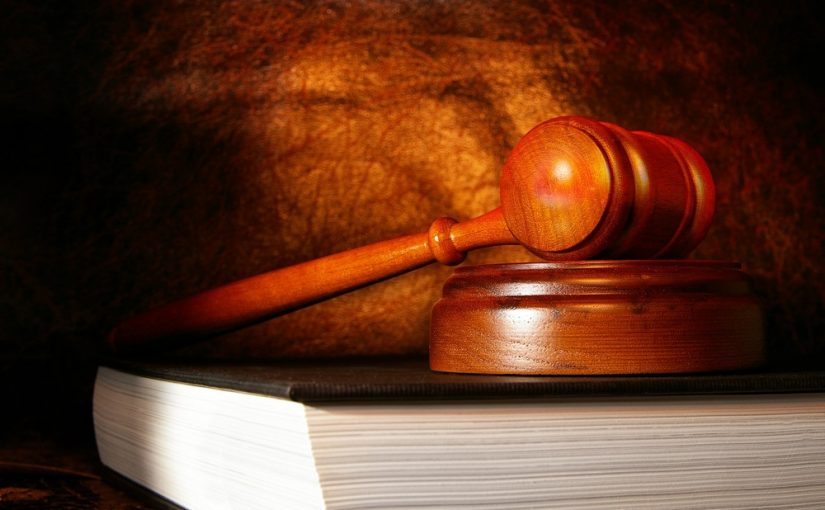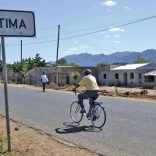Mozambique: Insurgents attack, kill four near Mocímboa da Praia - Lusa
Three defendants are under arrest – US court source

in file CoM
Judicial source linked to the process of corruption and money laundering involving three Mozambican companies has said that – without commenting on names or nationalities – there are three further suspects, raising the number of people accused to eight.
Two of these defendants are among the “numerous officials of the Mozambican Government” who received bribes from the company Privinvest, along with Manuel Chang, former finance minister, and three co-conspirators who received between 2 and 9.7 million dollars each, according to the indictment.
The same source declined to explain why these additional co-conspirators were not being charged, saying that such a course would “go into details about the investigation” and “certain things” that the prosecution decided.
However, the names of the co-conspirators would be revealed during the trial.
Of the eight defendants in the case, the main one is the Privinvest negotiator, Lebanese Jean Boustani, who is being held in custody in a United States detention centre, where he has been negotiating with the courts after being detained in the Dominican Republic on January 1st.
The New Zealander Andrew Pearse, former director of Credit Suisse Bank, Surjan Singh, director of Credit Suisse Global Financing Group, and Bulgarian Detelina Subeva, the group’s vice-president, are awaiting extradition to the United States in the UK where they were detained on January 3. The three have posted bail.
Manuel Chang, detained on 29 December in South Africa, continues to negotiate bail in Johannesburg, prior to being extradited.
The source consulted by Lusa did not make any predictions about when extraditions could happen, saying only that the duration of the respective processes varies according to the jurisdictions of the countries where they are detained.
The US court is handling the case of Mozambique’s hidden debts, which exceeded US$2 billion in 2016, bringing charges of conspiracy to defraud the United States, conspiracy to commit fraud, conspiracy to commit securities fraud, and money laundering, among others.
The case is being brought under the Foreign Corrupt Practices Act (FCPA), a United States code that makes illegal the payment of bribes to members of foreign governments to approve business for their own benefit.













Leave a Reply
Be the First to Comment!
You must be logged in to post a comment.
You must be logged in to post a comment.